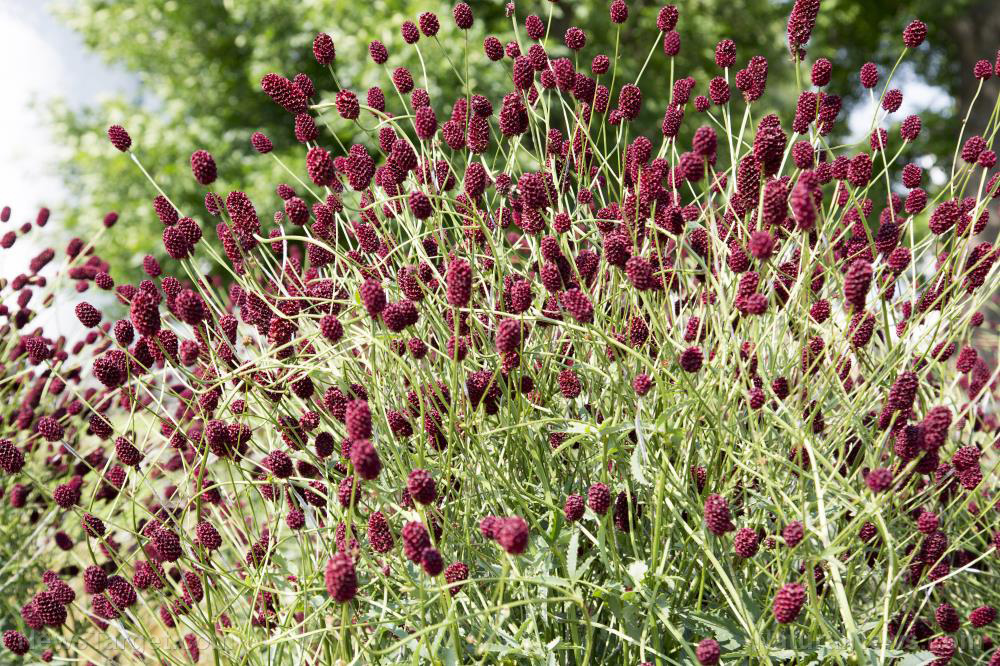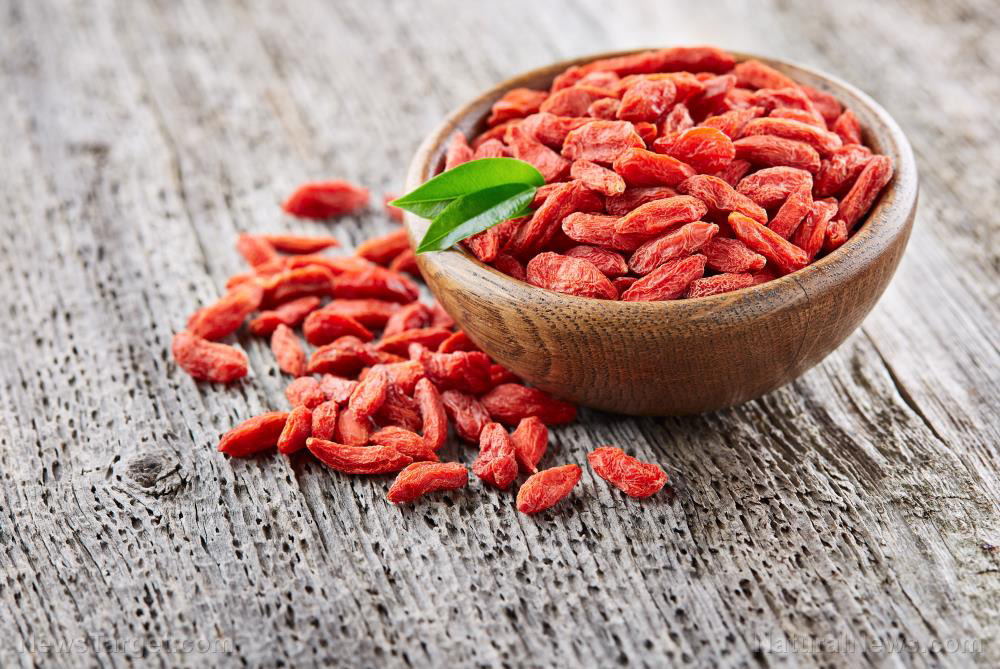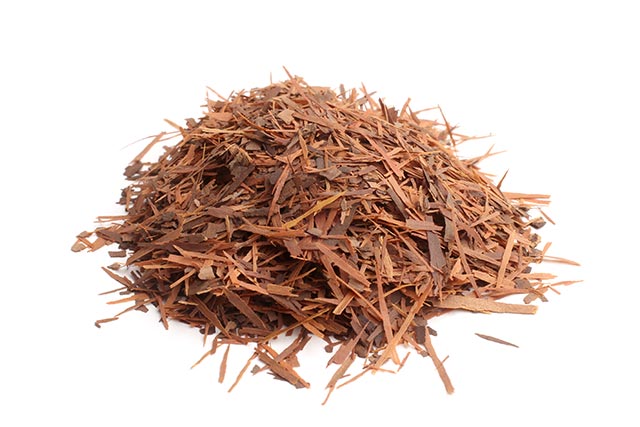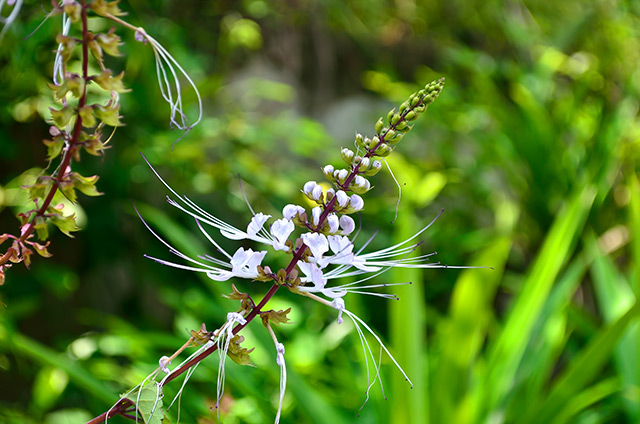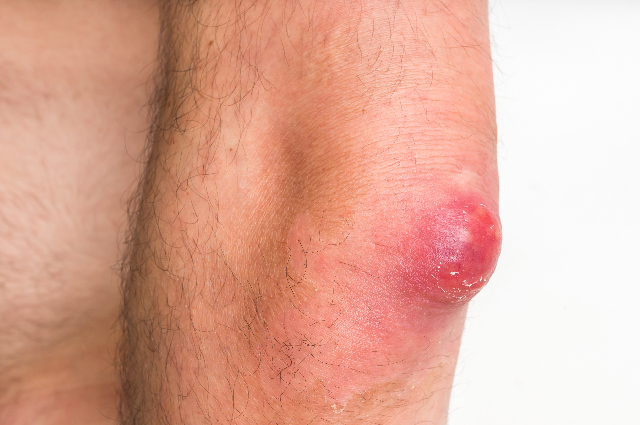Scientists review the antibacterial and antifungal properties of dragon’s blood, a flowering plant native to Mexico, that has long been used in folk medicine
07/11/2018 / By Russel Davis

The medicinal herb Jatropha neopauciflora Pax, more commonly known as dragon’s blood, possesses potent antibacterial and antioxidant properties that may hold potential in disease treatment, according to a study published in the African Journal of Traditional, Complementary and Alternative Medicines. The plant is notably endemic to Mexico and found mostly in the Tehuacan Cuicatlan Valley.
A team of researchers at the Universidad Autónoma Metropolitana examined the effects of the plant’s extracts and essential oils as part of the study. The research team used maceration technique to obtain the plant’s methanol extract (MeOH2) and hexane (H) fractions. The experts also used hydrodistillation technique to obtain the plant’s essential oils. The team then analyzed the extracts and essential oils through gas chromatography-mass spectrometry (GC-MS) and employed disc diffusion agar and radial inhibition growth methods to assess the plant’s antimicrobial properties.
Data from the analyses revealed that the extracts, fractions and essential oils contained powerful compounds such as pinene, menthatriene, ledene and linalyl acetate as well as lupeol, pyrogallol, coniferyl alcohol, and stigmasterol. The results showed that the extracts and fractions possessed strong antibacterial effects against a wide number of pathogens, including five Gram-positive and six Gram-negative strains of Staphylococcus aureus and Vibrio cholerae bacteria.
The study also revealed that the plant’s extracts and fractions had a bacteriostatic effect in the survival curves of both the bacterial strains. Moreover, the researchers observed that dragon’s blood extracts and fractions exhibited strong antifungal properties against the Trichophyton mentagrophytes strain. The researchers concluded that the medicinal plant might be used as a powerful antibacterial and antifungal agent. (Related: The 5 best herbal antibiotics and anti-virals that kill deadly MRSA, flesh-eating bacteria, superbugs and a host of other pathogens.)
“The results obtained in this investigation showed that the essential oil, extract and fractions of Jatropha neopauciflora have antibacterial activity. The composition and antibacterial activity of the essential oil, extract and fractions of Jatropha neopauciflora are reported here for the first time. These results indicate that Jatropha neopauciflora is a potential antibacterial and antifungal agent,” the researchers said.
Another study demonstrates dragon’s blood’s antibacterial activity
Another study published in the Journal of Ethnopharmacology showed that dragon’s blood contained powerful antibacterial properties that stymie bacterial infection and promote wound healing. The researchers conducted clinical trials that involved animal models to evaluate the plant’s efficacy. The experts administered the plant’s latex both orally and topically to rats with plantar edema as part of the study.
The researchers used High-Performance Liquid Chromatography (HPLC) to assess the latex’s properties. The results showed that the plant possessed strong antibacterial effects against Gram-positive bacteria, particularly the S. aureus strain. The study also revealed that the latex exhibited significant efficacy in wound healing. The findings showed that the latex contained potent anti-inflammatory properties as well.
“Jatropha neopauciflora Pax is an endemic species to Mexico, and its latex is used in traditional medicine to treat mouth infections when there are loose teeth and to heal wounds… The orally administered latex demonstrated the best anti-inflammatory activity and was not toxic to either of the 2 cell lines. The latex had a high antioxidant capacity, directly related to the total phenolic and flavonoid concentration. The J. neopauciflora latex promotes the wound healing process by avoiding microorganism infections, inhibiting inflammation and acting as an antioxidant,” the researchers concluded.
Aside from its strong antibacterial properties, dragon’s blood was also touted to mitigate the risk of cancer. A study published in the Journal of Ethnopharmacology demonstrated that the plant inhibits tumor growth and induce apoptosis or cell death in cancer cells. However, experts cautioned that the findings warrant further investigation.
“More studies need to be conducted before blood of the dragon can be recommended for cancer prevention or treatment. If you’re considering using any natural remedy, make sure to talk with your primary care provider first,” the researchers told Very Well online.
Visit Science.news to learn more about medicinal plants with antibacterial and antifungal properties.
Sources include:
Tagged Under: alternative medicine, antibacterial, Antifungal, dragon's blood, essential oils, herbal medicine, Herbs, medicinal plants, Mexico, natural cures, Natural Treatments, plant cures, remedies





